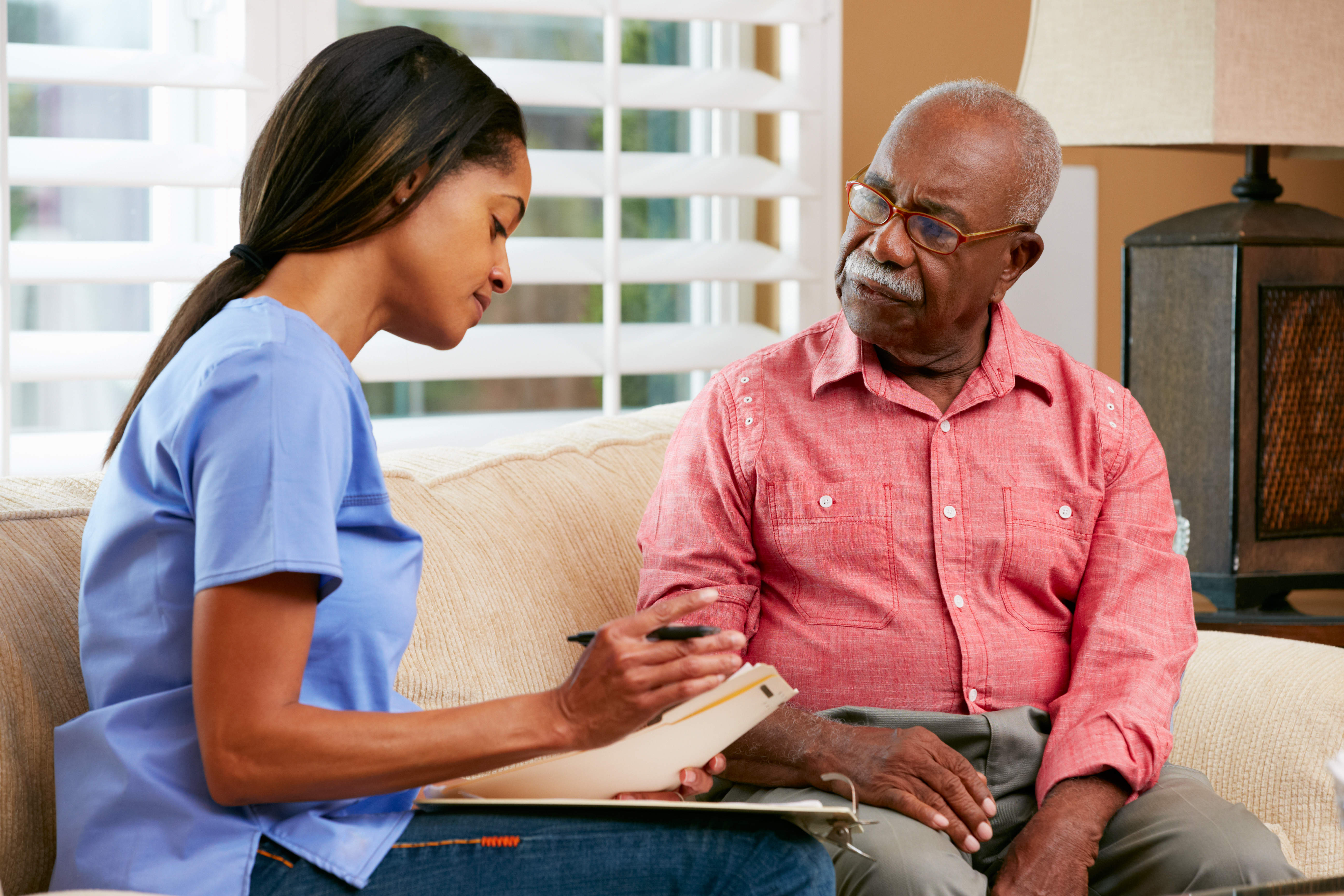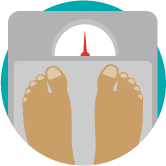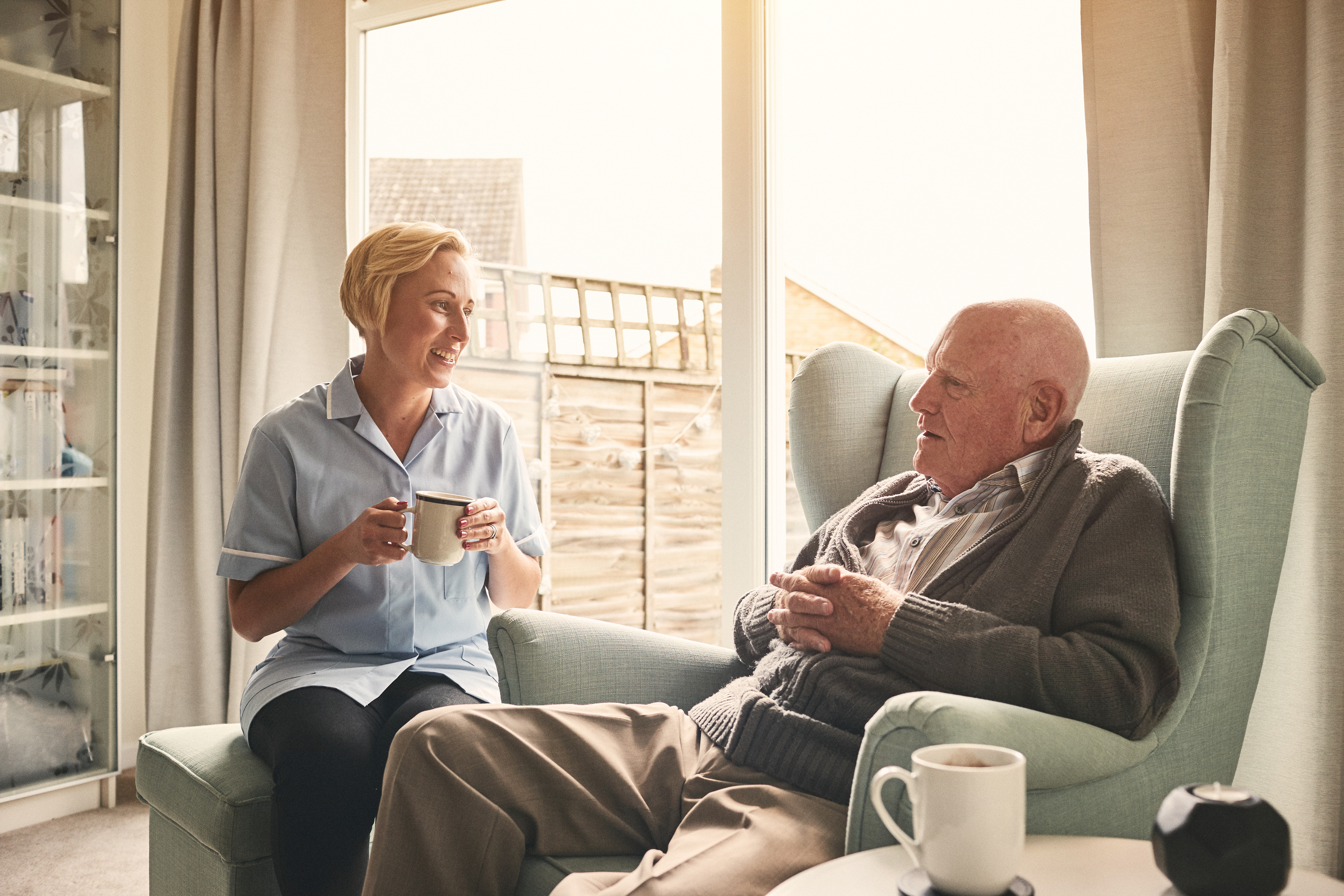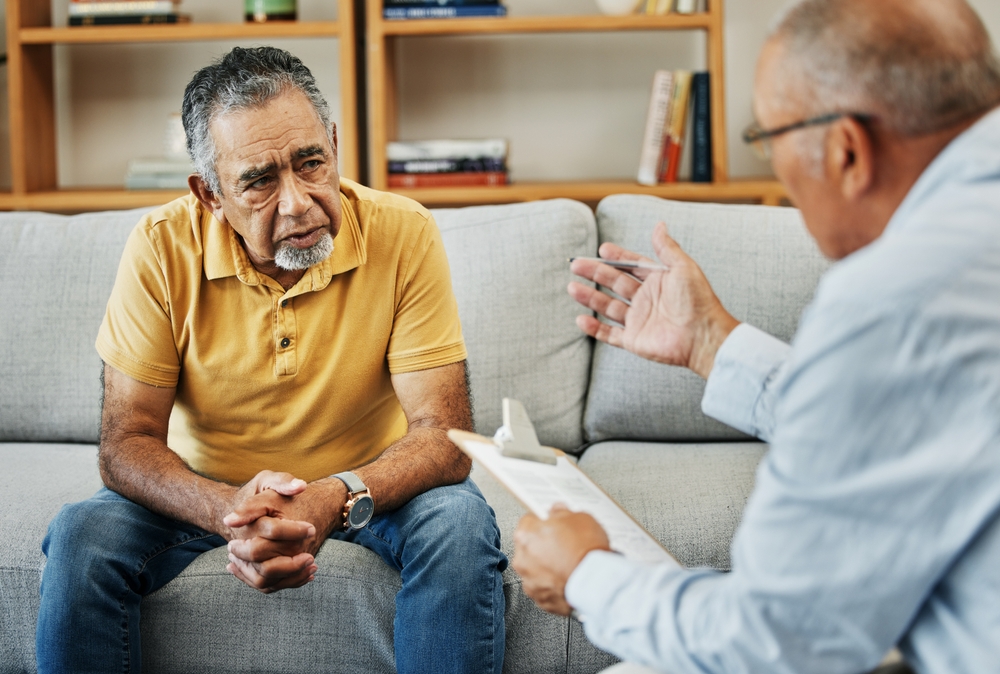Palliative Care
Palliative care is sometimes called supportive care. It is usually offered to people who have a life-limiting illness.

The aim of palliative care is to help you to live well with your cancer. Palliative care is all about you and your needs. It can also include your family and those you care about.
The focus is on:
The type of care that you get will depend on your own personal needs.
You can talk to:
They can also tell you about other services that are available in your community.

Provide exercise programmes or advice on everyday activities.

Adaptations to your home.






Money may be a problem if you are no longer able to work. You can ask your GP or hospital doctor to refer you to a social worker. They will be able to look at your financial situation. They can then give you advice on benefits or special funds that you may be entitled to.
Many charities can also offer support and information. Some provide access to grants that can help with extra costs of equipment or fuel.
Personal health budgets (this link will open in a new external tab).
The Gov.uk website provides information on benefits at the end of life including non-means-tested disability living allowance (this link will open in an external tab).
Macmillan Cancer Support Advisors can offer financial guidance, energy advice and advice about welfare rights. You can call the Macmillan support line on: 0808 808 0000.
The support line is open from 8am to 8pm, seven days a week. But, financial guidance is only available Monday to Friday from 9am to 5pm. For more information about their opening times, visit the Macmillan Cancer Support website (link will open in a new external tab).
Visit their webpage for information on benefits for people who are affected by cancer (link will open in a new tab).
Marie-Curie have put together a guide for LGBTQ+ people living with a terminal illness and the people close to them.
You can download the guide as a PDF or order a hardcopy.
Visit the Marie-Curie website to download or order a copy of the booklet.